This book examines the new paradigms and perspectives of modern policing. Policing is being transformed and restructured in the modern world. This involves much more than reforming the institution regarded as the police, although that is occurring as well. The key to the transformation is that policing, meaning the activity of making societies safe, is no longer carried out exclusively by governments. Indeed, it is an open question as to whether governments are even the primary providers. Gradually, almost imperceptibly, policing has been “multilateral zed”: a host of nongovernmental groups have assumed responsibility for their own protection, and a host of nongovernmental agencies have undertaken to provide security services. Policing has entered a new era, an era characterized by a transformation in the governance of security Government on all levels has actively promoted the Community-Oriented Policing and Problem Solving (COPPS) paradigm as a progressive antidote to past reliance on reactive police practices.
Community policing is a partnership between the police and community. The goal is to work together to come up with solutions for problems that arise in the community. Police know that they need the help from the citizens of the community because the police cannot solve safety problems on their own. Today community policing has become a positive practice in many communities. Community policing has become the new paradigm for the profession. A decline in crime rates has been seen in communities who made a shift from traditional policing to community policing.
With community policing it will change the relationship between the police and the public by cleaning up the neighborhoods and neighborhood problems. Many perspectives on community policing exist, and each is built on the assumptions only partial supported by empirical evidence. Police become more committed and with that help the community by helping prevent social disorder and prevent crimes. Police are there to preserve the safety of the community. In order for this to work cooperation from community and the police is necessary for any program to work.
Policing as an academic discipline is not a dry, abstract or theoretical construct; it is a growing and adapting theory of society, which is in search of security, peace and justice. Many dissenters argue that policing is too contextual and situational to fit into a meaningful theoretical framework. But this is how all practices have evolved into professions. For example, medicine, engineering, management and law became academic disciplines when their practitioners moved in the direction of benchmarking, standardizing and institutionalizing the knowledge, technique and skills acquired by their respective professional communities. This effort got impetus due to the realization among practitioners that the knowledge acquired by them during their lifetime needs to be put into a requisite theoretical building so that it does not go waste. More often than not, the academic effort at theory-building is supplemented by a critical reflection upon the relevance of the issues pertaining to the field, which is better performed by the purposeful coming together of practitioners and academics.

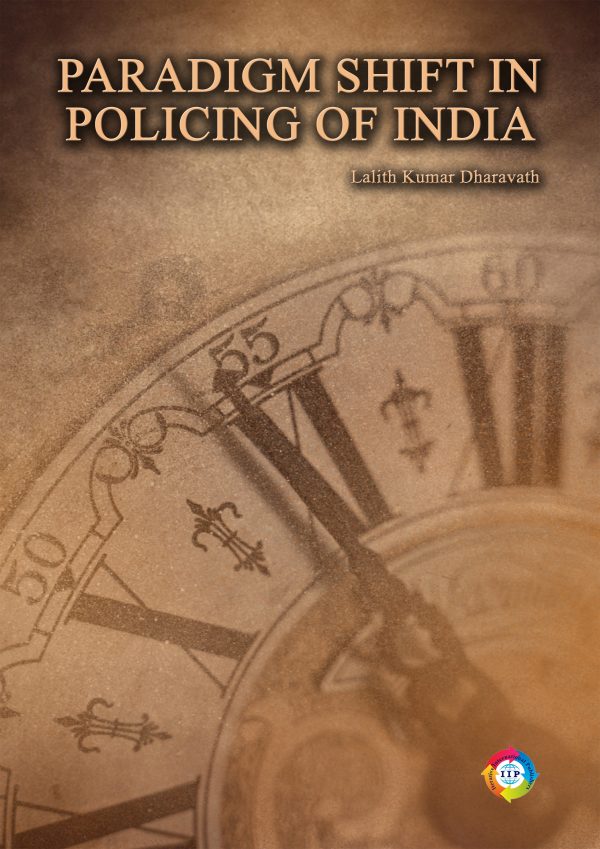
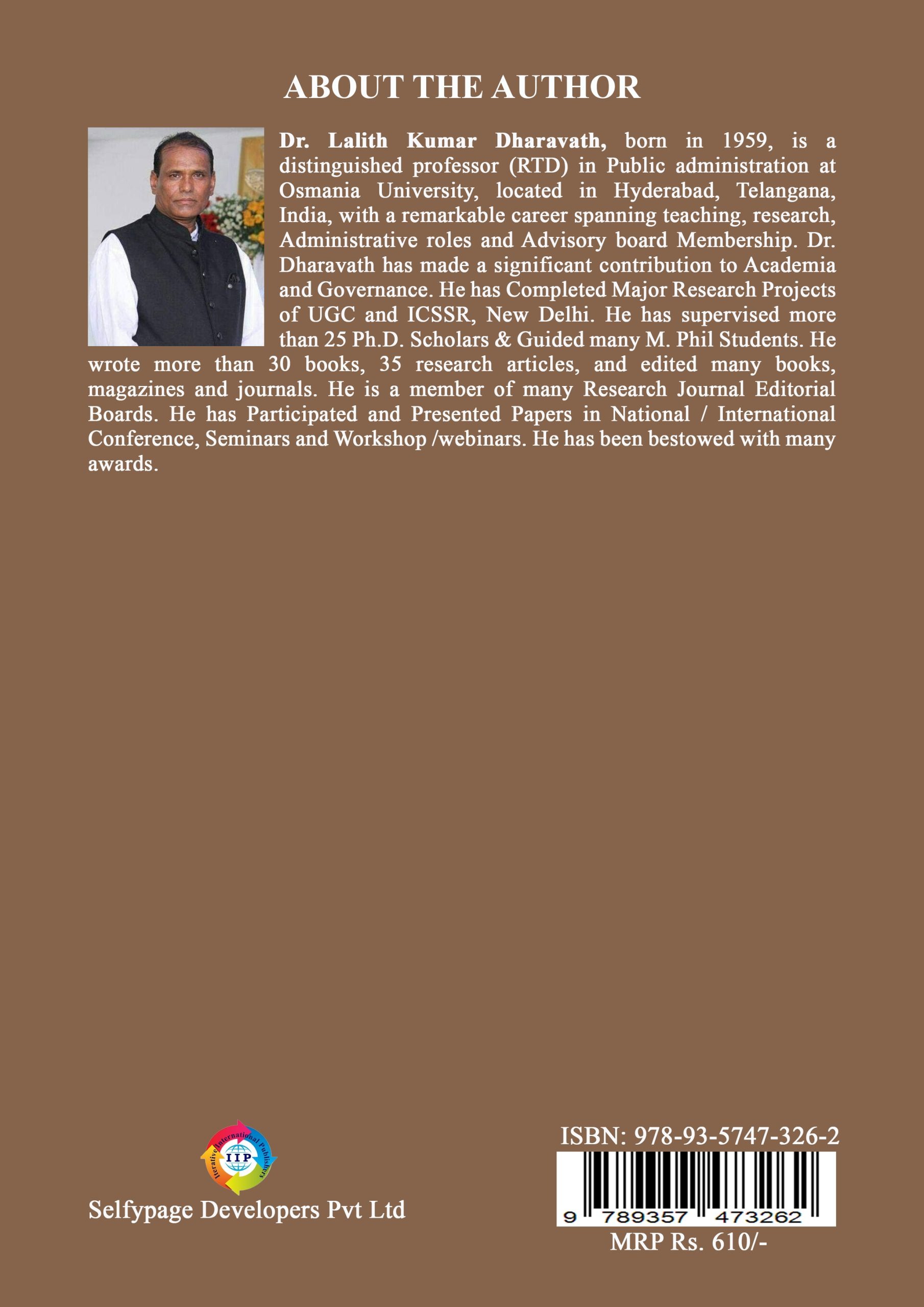

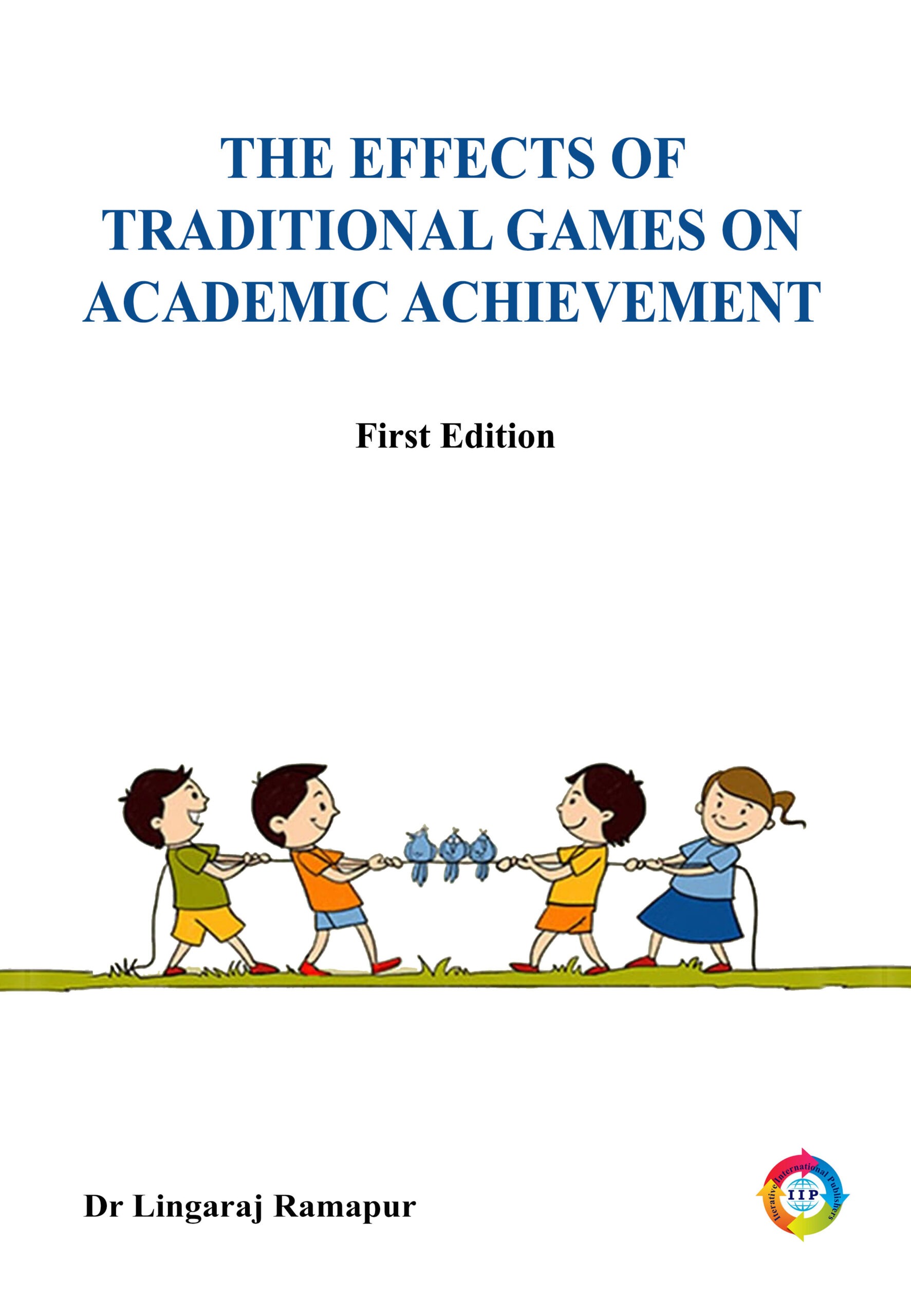
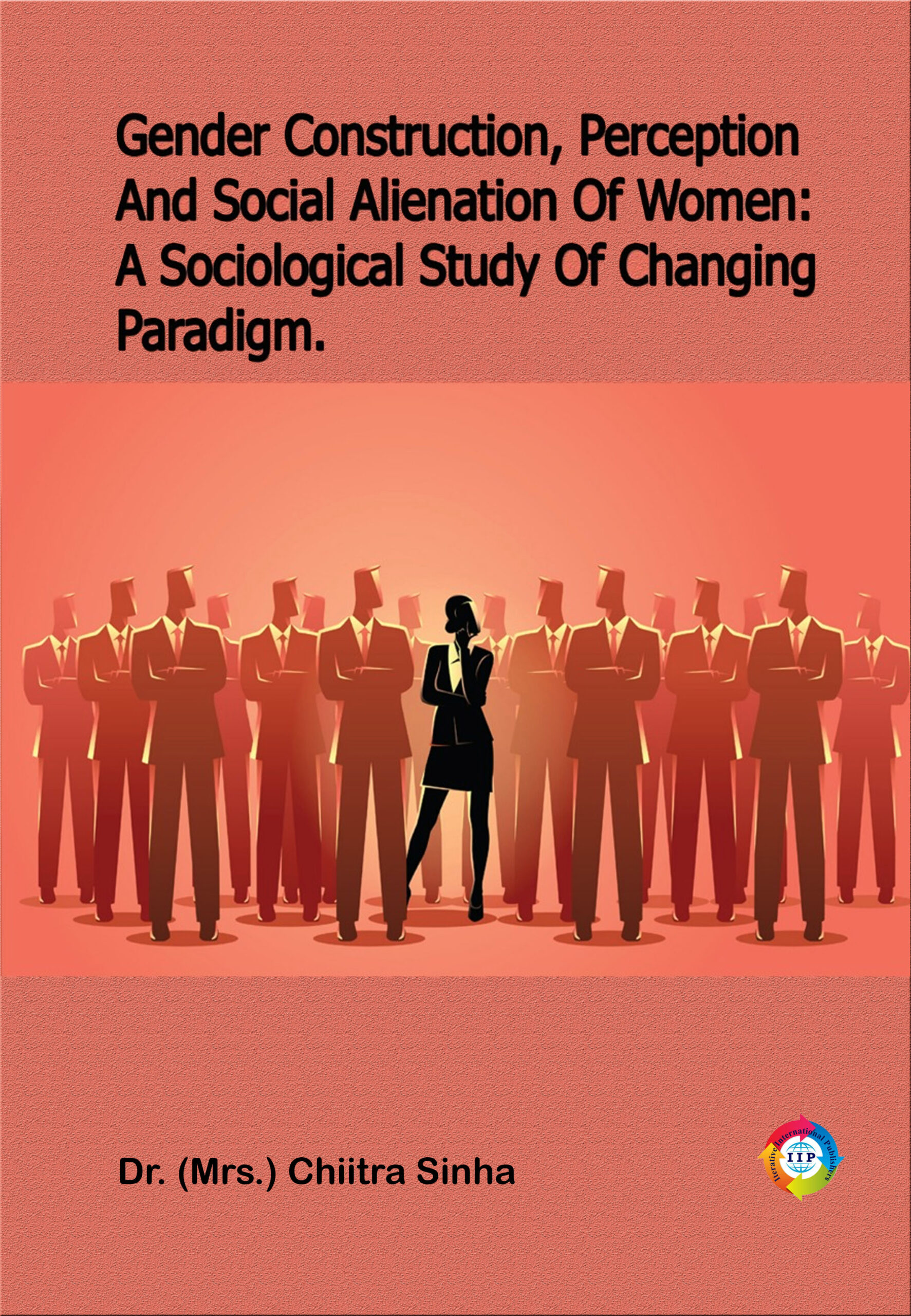
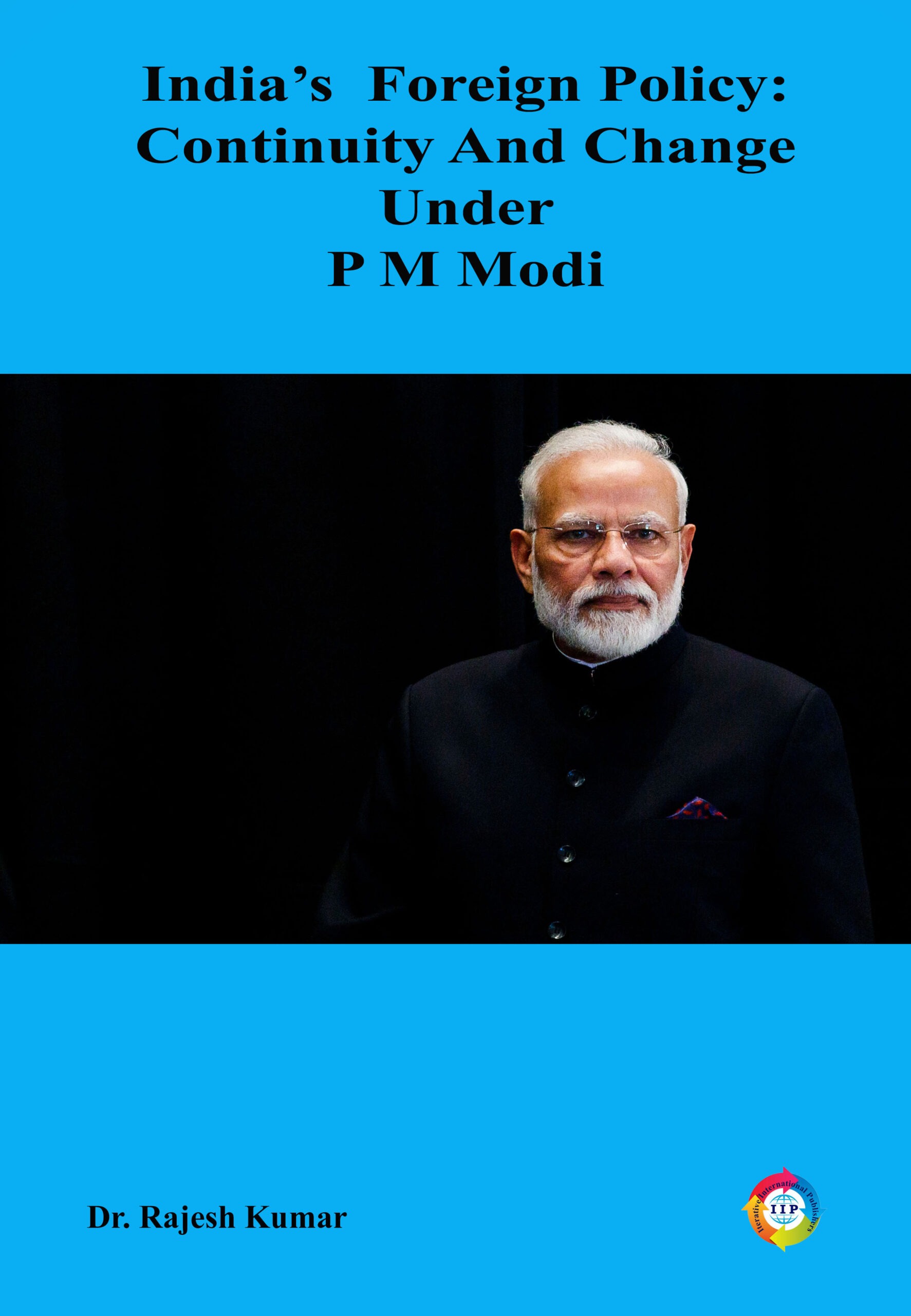
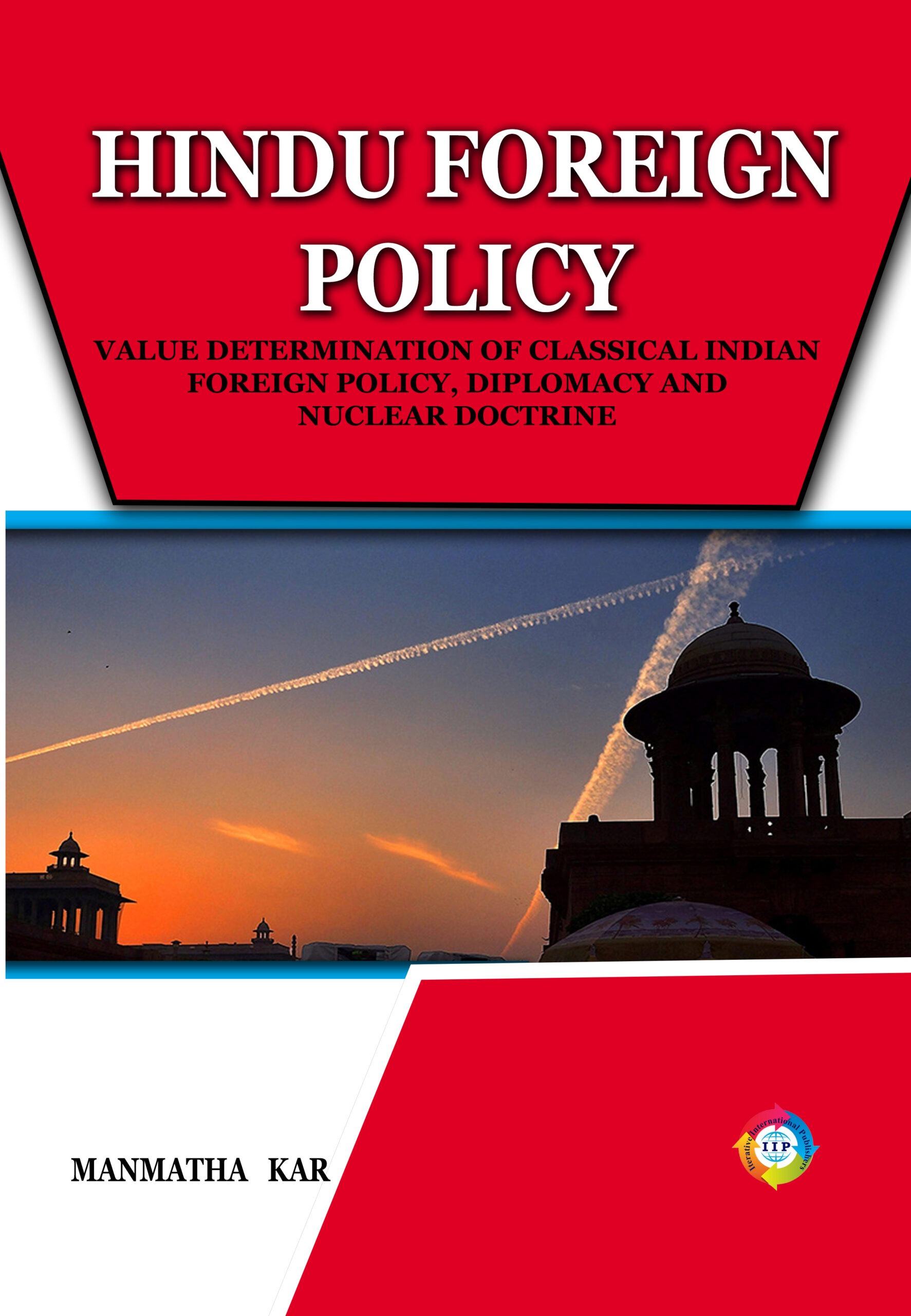
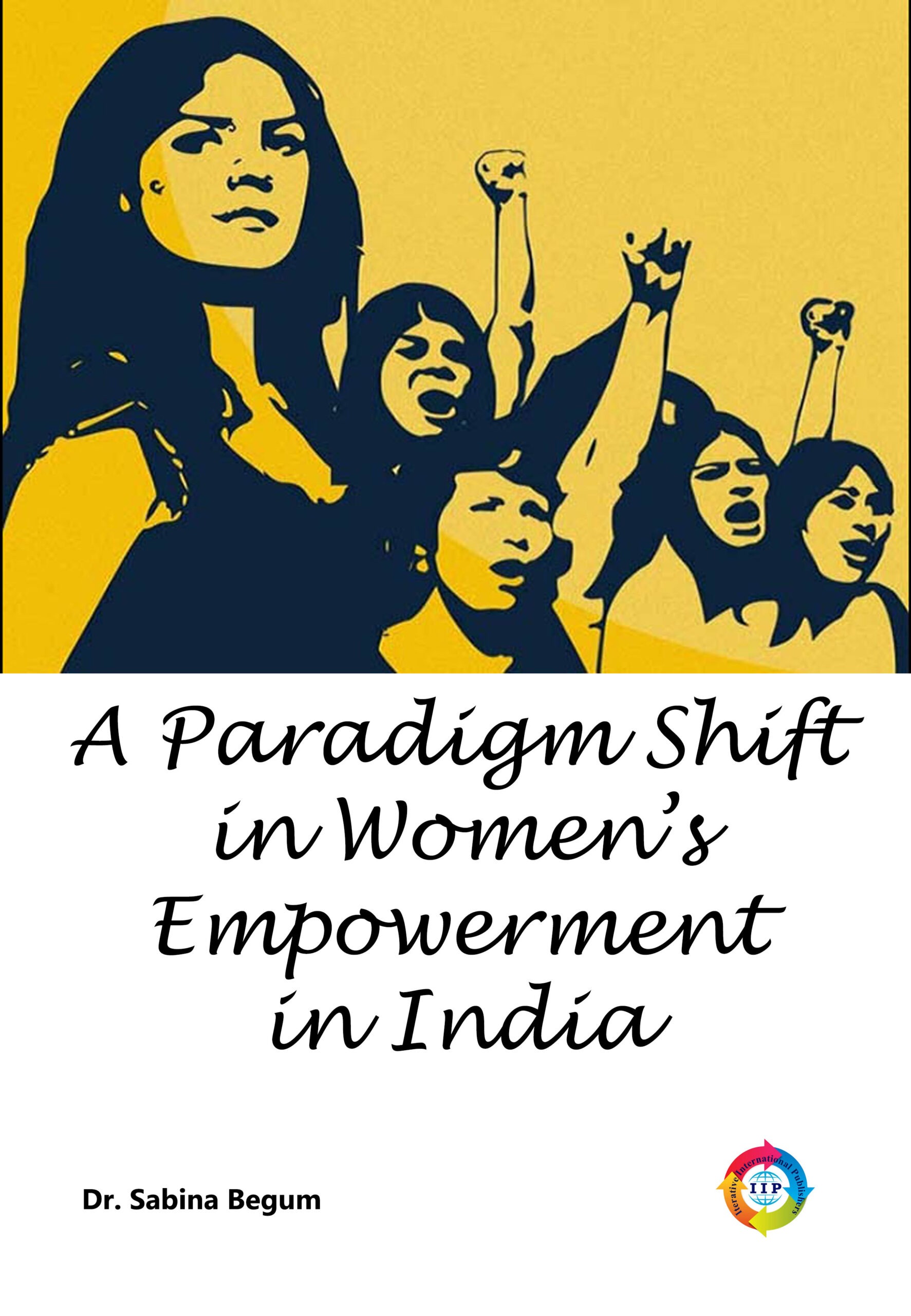
Reviews
There are no reviews yet.